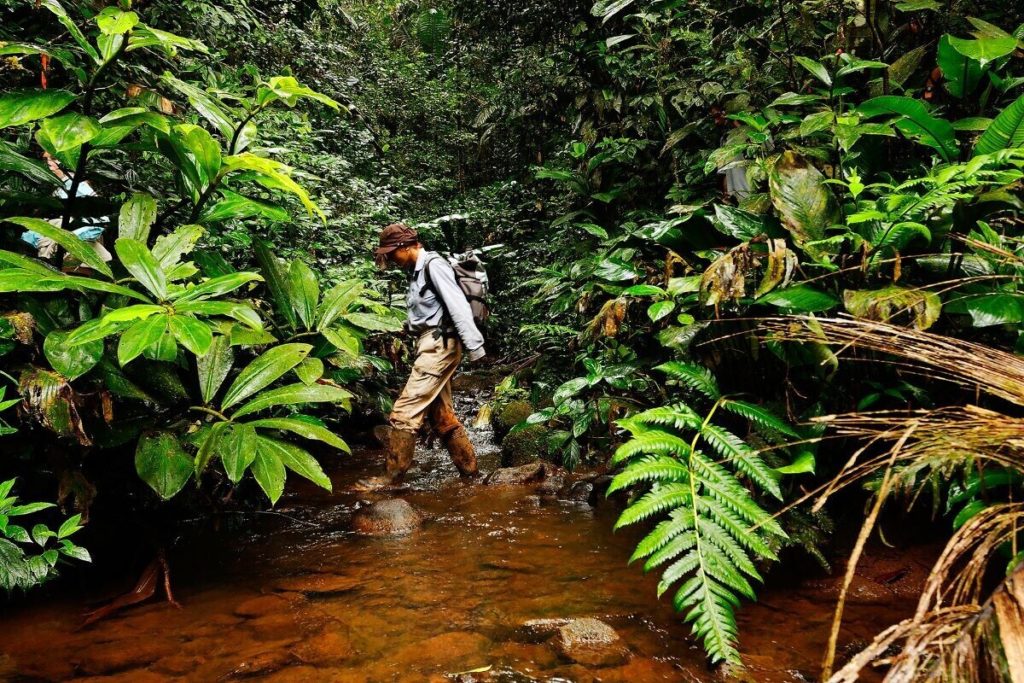Discover the discipline of ethnopharmacology
This is the scientific studies of plant based, animal based or mineral based materials, and related knowledges or practices applied by traditional cultures in order to modify the condition of living organisms for therapeutic, healing, preventive, or diagnostic purposes.
Traditional therapeutic knowledge is often investigated by modern sciences. As a matter of fact, more than 60% of medicines come from traditional pharmacopoeias.
Therefore, the stakes and challenges of this discipline are significant. Very often, ancestral knowledge is orally transmitted. With no written record, they tend to disappear. Also, new generations aren’t very into it, and some practices get heavily regulated, and therefore abandoned.
Specialists of ethnopharmacology have a primordial role in field research with the help of traditional practitioners to identify and confirm the therapeutic indications of traditional remedies. This enables to make a list of plants, for instance in books, by their identification, their description, their use, and to suggest potential related scientific reviews.

Un scientifique en Amazonie
Besides traditional pharmacopoeias, the Humanity inherited famous books referred as “Materia Medica”. One of the oldest is the Shennong bencao Jing from Shennong in China, which identifies 365 remedies. Later on, The Divine Farmer’s classic of Materia Medica adds 365 new materials to the first 365 ones.
In this movement, ethnobotanic aims to study plants in order to identify their active substances. Researches on this subject are significant for the medicine and the cosmetic field.
There is a medicinal plant repertory (a total of 454 plants), with the associated medicines: European, Chinese, Ayurvedic, Polynesian… (French public health code, art. L4211-1).
Sadly, in France, the pharmaceutical industry has a monopoly on these plants. Except for 148 of them that are free from this control. These latter plants can therefore be legally purchased in pharmacies over the counter.
It’s hard to believe when we say that Nature and its benefits should be freely available for everyone…
